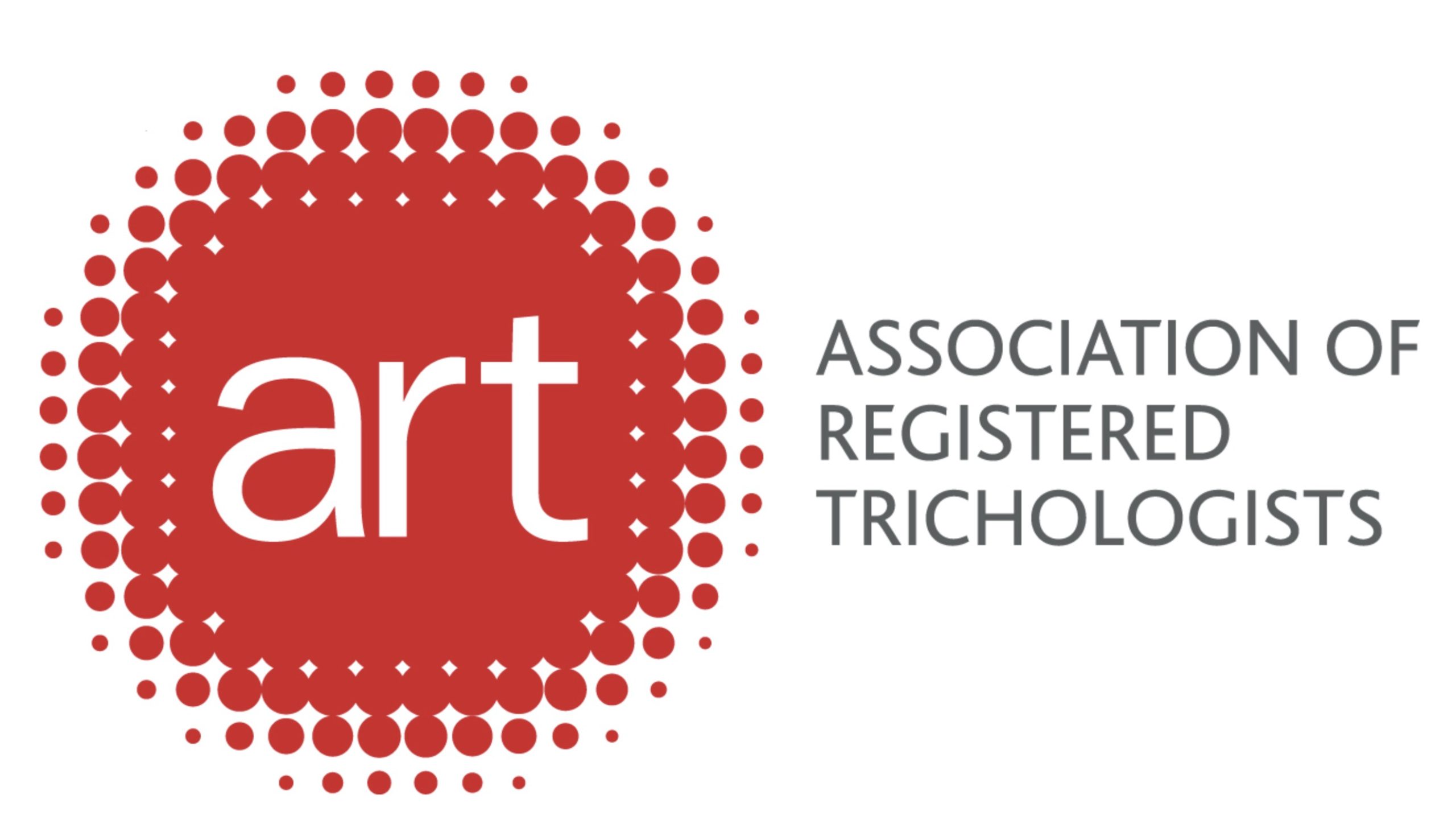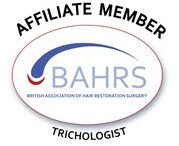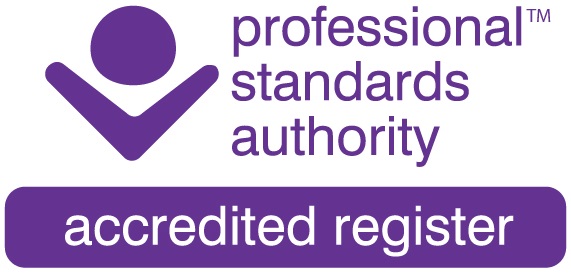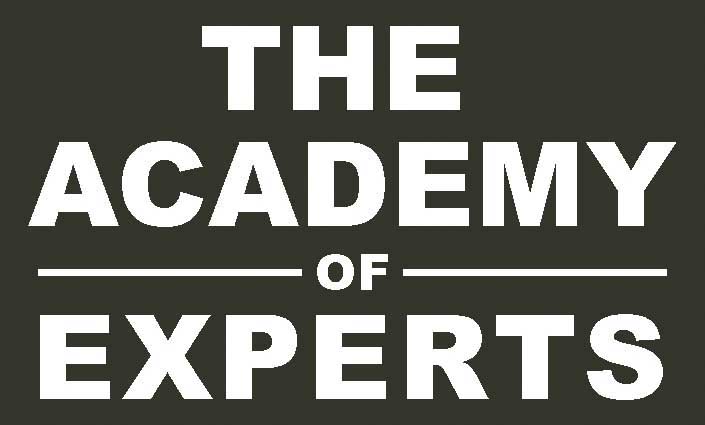Expert Witness for Hair Loss Cases
Neil Harvey RIT is a director and member of ‘The Institute of Trichologists’, a consultant trichologist at the èlan clinic and an associate member of ‘The Academy of Expert Witnesses’ and is qualified to work as a ‘Part 35’ expert witness or as an expert advisor to solicitors and Insurance companies. Neil Harvey is an expert witness in the area of hair loss; and has over 35 years experience in the field of hair and wigs/hairpieces.
Medico-legal work undertaken in Trichology, hair loss, hairdressing and all matters relating to wigs and hairpieces, including,
Road traffic accidents resulting in hair loss/scalp damage
Trauma and injury resulting in hair loss.
Wigs/hairpieces design, suitability, application, maintenance and after-care.
Reaction and distress assessment associated with hair extensions hair systems and wigs
General hair loss causes.
Hair growth.
Hair damage.
Scalp disorders.
Cosmetic procedures/products used on hair.
C.V and terms are available on request from – email@elanclinic.co.uk
The Expert Witness
Being an expert witness is a challenging role that requires the professional to be both diligent and unbiased, taking into consideration their overriding duty to The Court. An expert witness is someone with knowledge or experience of a particular field or discipline beyond that which is expected of a layman, whose primary function is to express their independent expert opinion based on the information provided. Examples of expert witnesses include doctors, accountants, financial advisors, psychologists, psychiatrists, social workers, dentists, dermatologists, trichologists and many other professionals who give expert opinions in legal proceedings.
An expert witness will provide expert evidence based on their specialist knowledge gained through education and training, qualifications and experience; this ensures that the court can rely on their opinion about particular issues or facts within their range of expertise.
An expert witness in trichology is typically required to have extensive knowledge, training, and experience in the field, and they may be asked to review medical records, examine evidence, and provide a professional opinion on matters such as the cause of hair or scalp conditions, the appropriateness of treatments, or whether a certain product or procedure adhered to established standards of care.
The expert witness’s duty is to provide to the Court with an objective and unbiased opinion on particular aspects of matters within their expertise that are in dispute, helping the court to achieve a decision; this is a ‘duty’ to the court which overrides any other obligation to any party from whom the expert is receiving instructions.
In England & Wales and many other jurisdictions, the Court must give permission for an Expert Witness to give evidence. The contribution made by an expert witness may lead to an early resolution.
An Expert Witness will:
- Provide an independent expert opinion in their area of expertise; and will provide this opinion in the form of a report/evidence before a Court.
- Ensure the Report contains the information required by the Court Rules. If the case proceeds a copy of the report is supplied to the other side in the dispute, at which time the other side’s Expert’s Report will also be exchanged.
- Comply with the specific procedure rules.
- Provide truthful, impartial and independent opinions regardless of whether these opinions are considered favourable to your case.
- Have an overriding duty to the Court (or other tribunal) that supersedes any duty owed to any other party. The Court will discount any evidence of an Expert Witness that is not seen to be independent or impartial.
An Expert Witness will not:
- Accept an appointment that involves a conflict of interest (unless resolvable by disclosure ).
- Accept any appointment on terms that are conditional on the outcome.
- Act as your advocate, argue your case, offer advice, act as a negotiator, attempt to find evidence or suggest what your case should consist of.
- Attempt to provide an opinion outside their area of expertise.
It is better that the legal representative deals directly with the Expert Witness rather than you doing so.
You must (via your legal representative)
- Provide detailed instructions.
- Agree contractual terms with the Expert Witness in writing before the work is started.
- Keep the Expert Witness informed of developments in the case.





